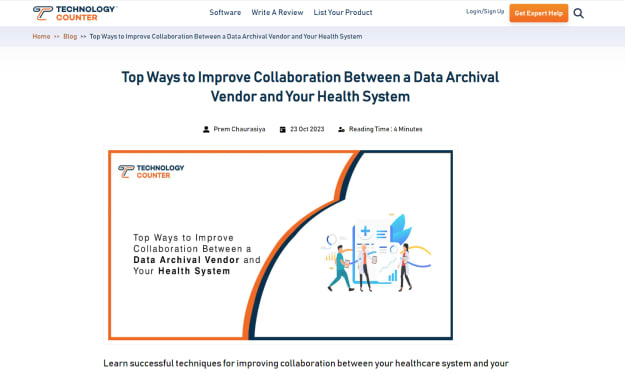Public vs Private vs Hybrid Cloud: Know the Difference
A comparison between public, private and hybrid cloud models

Cloud computing is a technology that enables users to access and use a wide range of computing resources over the Internet. And, with the rise of cloud computing, businesses have more options than ever when deploying their IT infrastructure. Three main cloud computing models exist public, private, and hybrid. Each option has its advantages and disadvantages; choosing the right one can significantly impact a business's operations and bottom line. Third-party providers offer public cloud computing services, while private cloud computing services are operated and maintained by an organization for its use. Hybrid cloud computing combines elements of both public and private clouds.
Public cloud: Public cloud computing is a model in which third-party providers offer computing resources over the Internet. Here are some pros and cons of public cloud computing:
Pros:
- Cost-effective
- No hardware maintenance
- Accessibility
- Reliability and uptime
Cons:
- Security concerns
- Limited customization
- Compliance issues
Public cloud computing is suitable for applications and workloads not sensitive to security and privacy.
Private cloud: Private cloud computing is a model in which an organization operates and maintains computing resources. Some of its pros and cons include:
Pros:
- High security and customization
- Tailored to specific needs
- Compliance with regulations
Cons:
- High upfront costs
- Maintenance and upgrades
- Complexity and expertise required
Private cloud computing can be helpful for organizations with sensitive data, compliance requirements, and the need for high customization and control. It's also suitable for applications and workloads that require high performance and reliability.
Hybrid cloud: Hybrid cloud computing is a model that combines elements of both public and private clouds. Listed below are some of its pros and cons:
Pros:
- Cost-effective
- High security and privacy for sensitive data
- Customization and control
Cons:
- Complexity and management
- Security concerns in data transfer
Hybrid cloud computing can be helpful for organizations that require both security and flexibility and the ability to scale and customize their infrastructure. It's also suitable for applications and workloads that require high performance, availability, and reliability.
Now, let me compare the three on some key parameters:
- Flexibility: Public, private, and hybrid cloud computing models differ. Public cloud computing is generally the most flexible option because it allows users to access a wide range of computing resources on-demand and pay only for what they use. Private cloud computing, on the other hand, is less flexible due to its limited scalability and customization. Hybrid cloud computing offers intermediate flexibility because it combines elements of both public and private clouds. With hybrid cloud computing, users can access public cloud resources when they need additional capacity while maintaining the security and control of a private cloud.
- Scalability: Public cloud computing is generally the most scalable option because it offers access to a vast pool of computing resources on demand. On the other hand, private cloud computing is less scalable because it relies on a fixed set of hardware resources dedicated to a single organization. Hybrid cloud computing offers intermediate scalability because it allows users to access public cloud resources when additional capacity is needed while maintaining a private cloud for sensitive data and workloads.
- Performance: Public cloud computing may provide high performance for some workloads due to advanced hardware and software resources, but commission can be inconsistent due to shared resources. Private cloud computing offers higher performance for workloads with a fixed set of dedicated hardware resources. Hybrid cloud computing balances performance and flexibility, allowing organizations to use public cloud resources when additional capacity is needed for high-performance workloads.
The choice between public, private, and hybrid cloud computing models depends on various factors, including security, scalability, performance, and cost. Businesses can also benefit from cloud application development services that enable them to develop, deploy, and manage applications in the cloud environment. Ultimately, the right choice of cloud computing model depends on the organization's or individual's unique needs and requirements.
About the Creator
Ryan Williamson
A professional & security-oriented programmer having more than 6 years of experience in designing, implementing, testing & supporting mobile apps developed. Being techno geek, I love to read & share about the latest updates in technology.






Comments
There are no comments for this story
Be the first to respond and start the conversation.